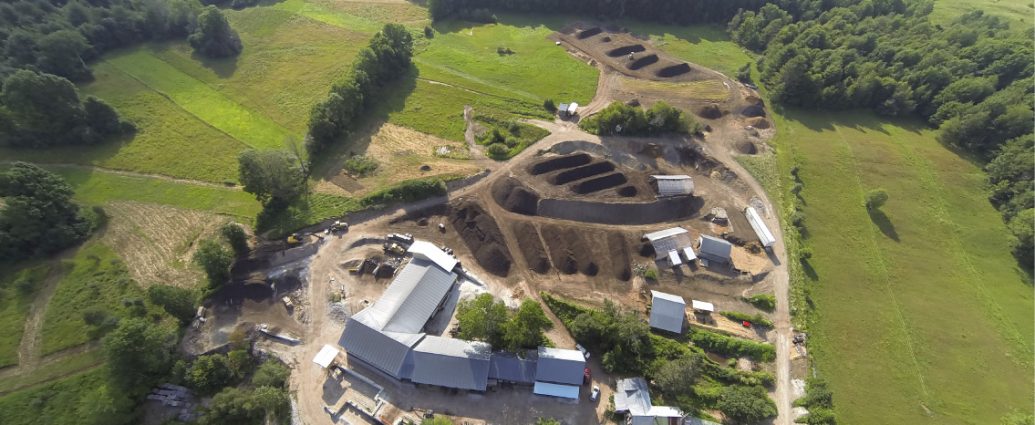One Year Left for Vermont Composting Goal
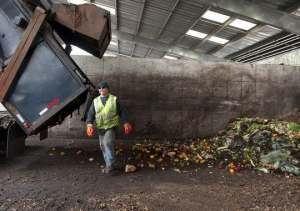
Vermont has always been a national leader of environmentally friendly policy and public tendencies, but the state is planning to take another big step one year from now; this time to reduce household waste. In Vermont’s quest to reach the status of a waste-free state, Act 148—the “Universal Recycling Law”—was passed in 2012, implementing the gradual strengthening of waste management, via bans on what can go to the landfill. Under Act 148, a statewide ban on disposal of food scraps will come into effect July 1st 2020, and Vermont intends to meet it. Journalist Kate Barcellos covered the plan in a recent article for the Rutland Herald. Trash headed for landfills must be food-scrap free.
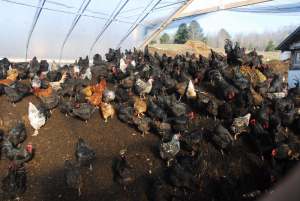
Vermont consistently tops national lists for “Greenest State,” “Most Eco-Friendly State,” etc. but this plan has proved that the people of Vermont truly means business. Julie Moore, Secretary of the state Agency of Natural Resources indicated in a press release that “Everyone, including businesses, homeowners and renters will be asked to keep food scraps out of their trash as part of the Universal Recycling Law.”
Instead, this organic waste must be disposed of via composting, both in personal backyard composters, and especially in large-scale commercial composters, which can actually generate the heat necessary to break down meat, fish, bones, even compostable utensils, which DIY composters cannot do.
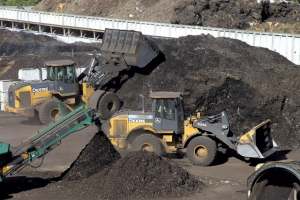
The biggest hurdle to the 2020 deadline is the lack of public access to such large composters, like that of Casella Waste Systems of Rutland, VT. As it stands now, responsible waste management is expensive. According to Barcellos, “Currently — mainly because of changes in how much recyclable material China will accept — it’s costing more to recycle than to throw something into a landfill. That’s pushing people away from renewable and organic initiatives rather than toward it.”
No matter what there will be an economic sacrifice involved with the new initiative, at least for now, largely because so many communities lack immediate access to a composting facility. Currently, according the state website, about 15 such facilities are in operation in Vermont. Infrastructure certainly needs to catch up and while subsidies for such facilities look to be out of reach for now, the Vermont Department of Environmental Conservation is doing much to spread information on how the public can reach the requirement while cutting down on the price of compost transportation, by reducing food scraps in general, DIY composting instructions and advice, and offering a “Materials Management Map” for those looking for a professional composting facility.
Despite the hurdles, Vermont plans to meet the deadline, and then benefits are impressive; Barcello reports that Secretary Moore projected that “If every Vermonter composted their food waste, it would be the same as taking over 7,000 vehicles off the road each year”—quite the accomplishment and certainly worth the effort.
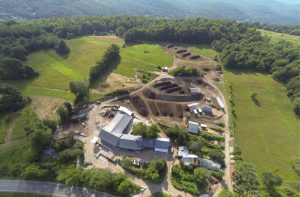
Full Rutland Herald article by Kate Barcellos can be found Here
Act 148, “Universal Recycling Law” full text can be found Here
Written by Heather Merrifield

